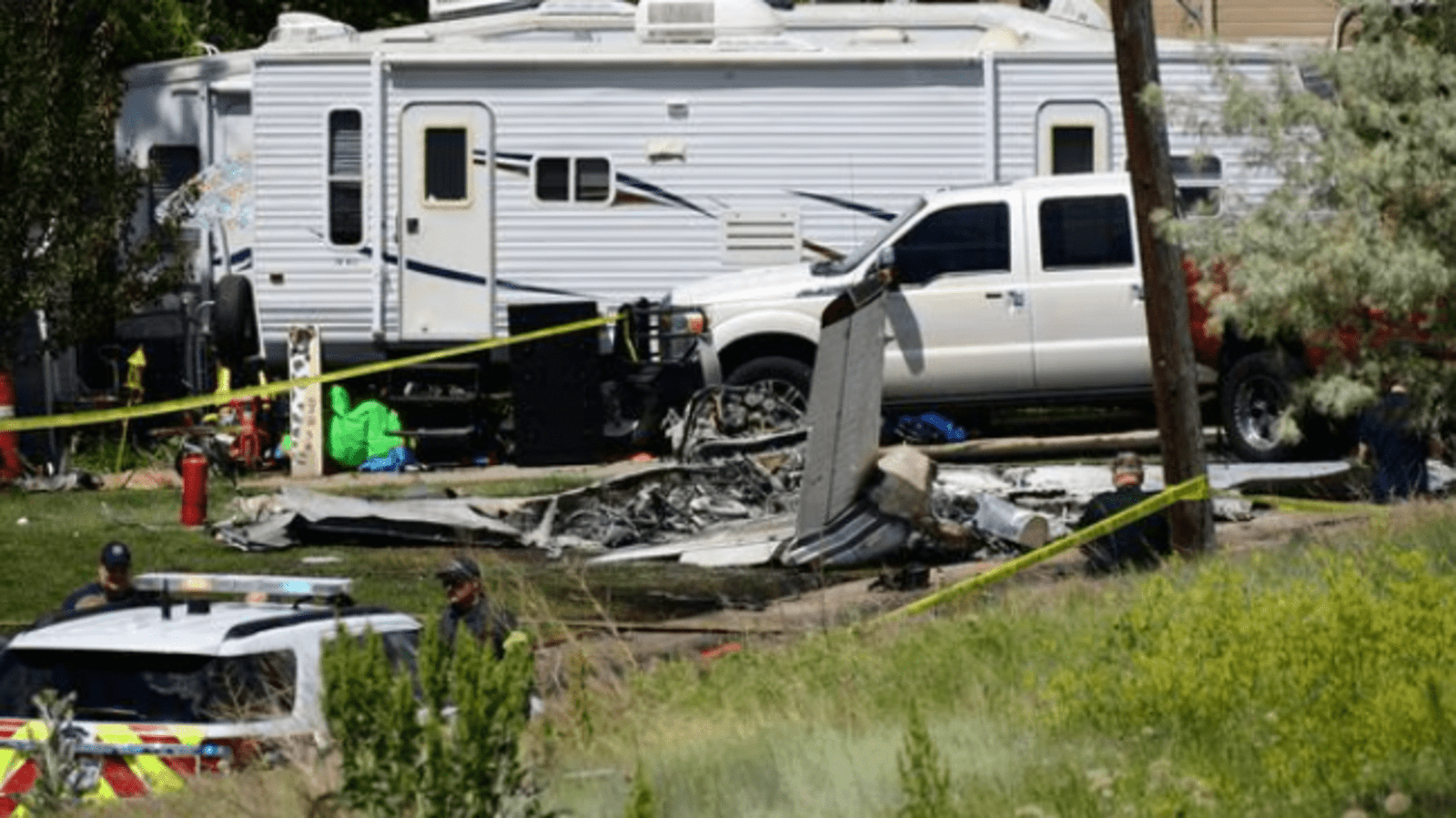
Astronaut Anders Dies in Plane Crash. Traged in the Pacific Northwest: Former Astronaut William Anders Perishes in Plane Crash
Renowned Apollo 8 astronaut William Anders dies at 90 in a Washington plane crash.
William Anders, a retired Air Force Major General and veteran astronaut who captured the iconic “Earthrise” photo during the Apollo 8 mission, passed away tragically on Saturday. He was 90 years old.Astronaut Anders Dies in Plane Crash
Fatal Solo Flight Ends in Washington Waters
Anders was piloting a Beech A45 single-engine aircraft when it went down near the San Juan Islands in Washington state. The Federal Aviation Administration (FAA) confirmed that Anders was the sole occupant of the plane.
A Legacy Defined by “Earthrise”
William Anders’ most significant contribution to space exploration arguably wasn’t piloting a spacecraft but capturing a photograph. During the Apollo 8 mission in 1968, Anders snapped the now-iconic “Earthrise” photo, which depicted our planet as a vibrant blue marble against the stark blackness of space.
The image, credited with sparking a new environmental consciousness, became a powerful symbol of Earth’s fragility and a catalyst for the nascent environmental movement.
Beyond Earthrise: A Distinguished Career
William Anders’ accomplishments extended far beyond the “Earthrise” photo. He played a vital role in ensuring the smooth operation of the Apollo 8 command and service modules during the groundbreaking lunar orbit mission.
Prior to joining NASA, Anders served his country with distinction in the US Air Force, eventually achieving the rank of Major General.
A Life Dedicated to Exploration and Service
In a 1997 interview with NASA, Anders reflected on the inherent risks associated with the Apollo 8 mission. He acknowledged the dangers but emphasized the mission’s importance in terms of national pride, scientific exploration, and paving the way for future lunar landings.
He vividly recounted his experience of witnessing the Earthrise for the first time, describing it as a breathtaking contrast between the “very delicate, colorful orb” of Earth and the “stark, ugly lunar landscape.”
William Anders’ death marks the loss of a true pioneer. His legacy as an astronaut, photographer, and advocate for our planet will continue to inspire generations to come.
Authorities Continue Investigation
The cause of the plane crash remains under investigation by the NTSB.
Family Remembers a Legend
William Anders’ son, Greg, confirmed his father’s passing and expressed the family’s deep grief. “He was a great pilot and we will miss him terribly,” Greg Anders said, as reported by the Associated Press.
A Star Falls: Former Astronaut William Anders Perishes in Plane Crash
Washington State Mourns the Loss of Apollo 8 Veteran
Solo Flight Takes a Tragic Turn
Anders was piloting a single-engine Beech A45 aircraft when it went down in the scenic waters surrounding the San Juan Islands.
Emergency services were swiftly deployed upon receiving a report of the crash around 11:40 AM. A multi-agency search and rescue operation involving the San Juan County Sheriff’s Office, the US Coast Guard, and the Washington State Department of Fish and Wildlife personnel was launched. Divers were also deployed to scour the wreckage site for clues.
The National Transportation Safety Board (NTSB) is currently leading the investigation to determine the cause of the crash.
A Photo That Changed the World
While William Anders’ career boasted numerous achievements, his most enduring legacy undoubtedly lies in a single photograph. The “Earthrise” photo, captured during the Apollo 8 mission in 1968, remains etched in collective memory. The image, depicting our planet as a vibrant blue marble suspended against the vast darkness of space, resonated deeply with the public.
The photo’s impact transcended mere aesthetics. It sparked a new environmental consciousness, serving as a stark reminder of Earth’s fragility and the vast emptiness that surrounds our tiny blue oasis. Anders himself recognized the photo’s profound influence, crediting it as his most significant contribution to the space program.
More Than Just “Earthrise”
William Anders’ contributions extended far beyond the “Earthrise” photo. He played a critical role in the Apollo 8 mission, ensuring the smooth operation of the spacecraft’s command and service modules during the groundbreaking lunar orbit mission.
Prior to joining NASA’s ranks, Anders served with distinction in the US Air Force, eventually rising to the prestigious rank of Major General.
A Life Devoted to Exploration and Service
In a 1997 interview with NASA, Anders openly discussed the inherent risks associated with the Apollo 8 mission. He acknowledged the dangers but emphasized the mission’s significance in terms of national pride, scientific exploration, and paving the way for future lunar landings.
He vividly described witnessing the Earthrise for the first time, struck by the stark contrast between the “delicate, colorful orb” of Earth and the “desolate, lunar landscape.”
William Anders’ passing marks the loss of a true space pioneer. His legacy as an astronaut, photographer, and advocate for our planet will continue to inspire generations to come.
Investigation Underway
The cause of the plane crash remains under investigation by the NTSB. Updates on the investigation’s progress are expected in the coming days.
Family in Mourning
In a statement to the Associated Press, William Anders‘ son, Greg, confirmed his father’s passing. “He was a fantastic pilot, and we’ll miss him terribly,” Greg said, expressing the family’s deep grief.









